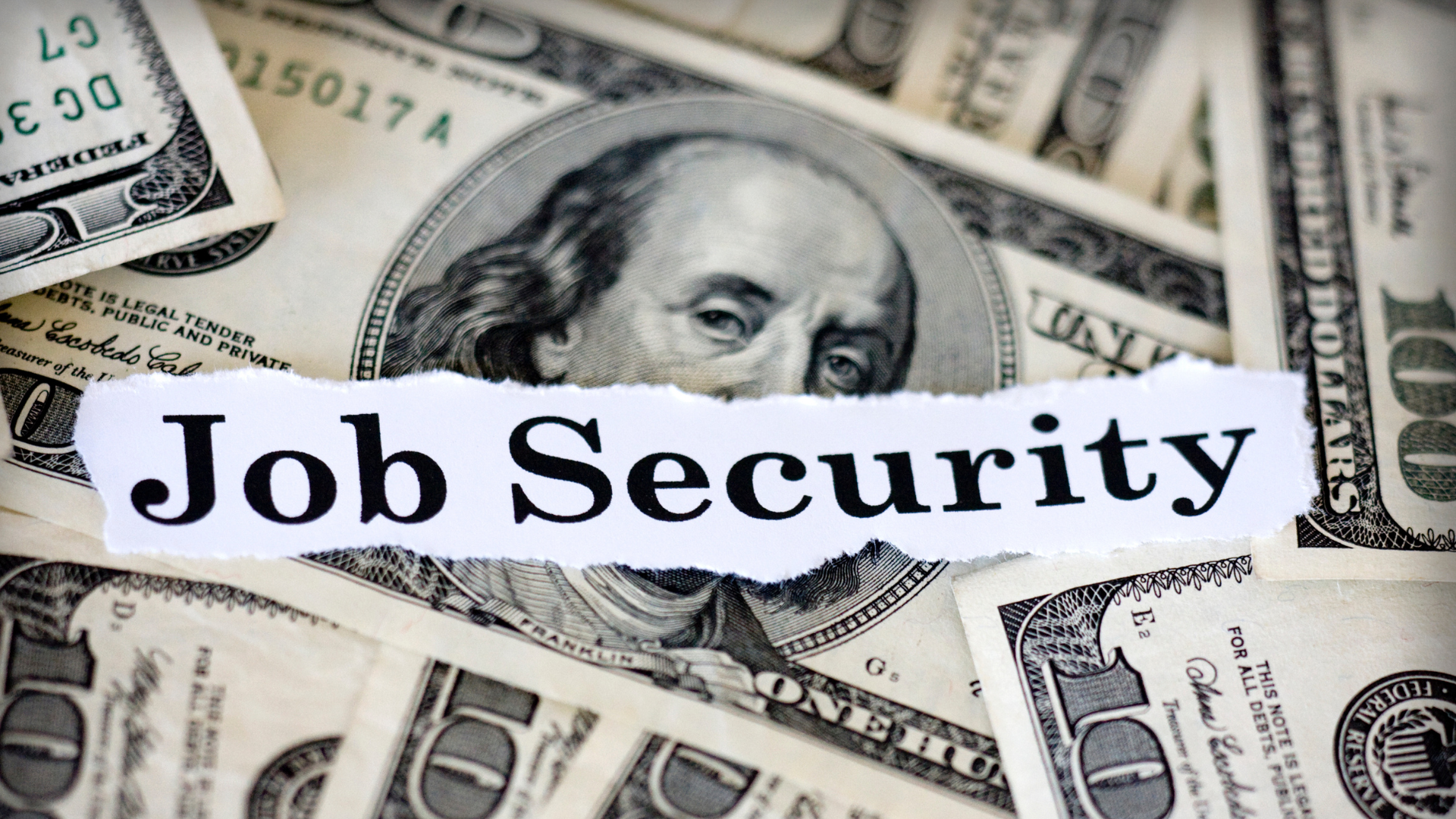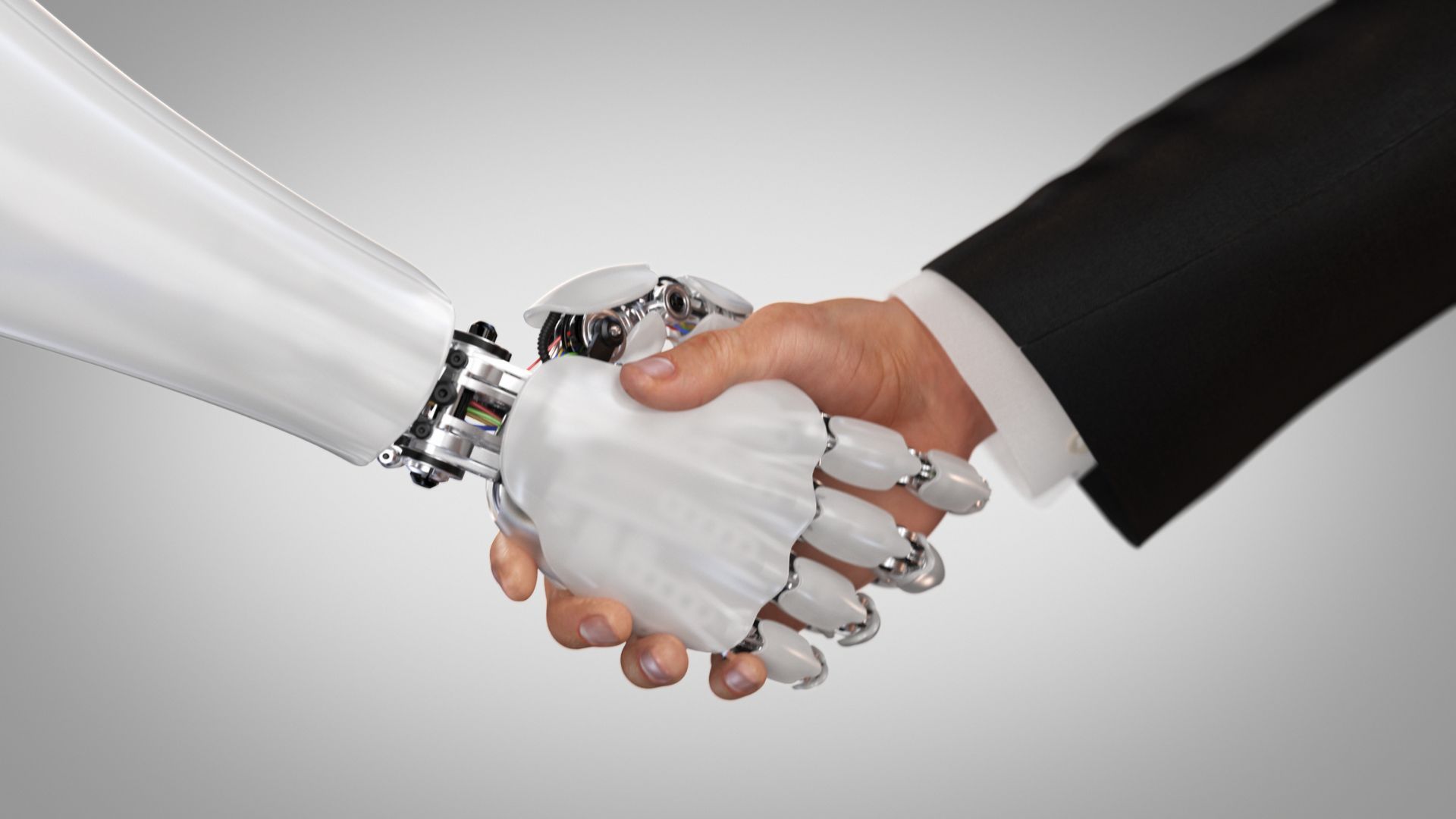The impacts of the pandemic on recruitment

Recently, our Group Managing Director Mark Smith was interviewed about the impacts the pandemic has had on recruitment as well as what we can expect to happen in the employment market in the coming years.
Is recruiting an in-demand field? I.e. Do we need more of them?
Yes, recruitment consultants, whether working internally for a company or with agencies, are definitely in short supply. In 28 years in the industry, I have not seen demand for recruiters at this level: the combination of a tight labour market, the pandemic recession and restrictions on the supply of skilled recruiters from overseas has created a perfect storm for the industry. Agencies are seeing demand from their clients at extremely high levels.
Rationalisation of the industry in 2020 because of COVID’s first wave saw agency recruitment teams decrease in size. Now the industry is scrambling to increase headcount through training, graduate programs or enticing experienced recruiters to move. In the past, the Australian industry has benefited from a large number of UK and Irish recruiters making the move down under. With border restrictions, the supply of this experienced recruitment talent has been turned off and many expat recruiters who relied on this as their own recruitment and training strategy have had to explore new ways to meet their own demand for recruitment consultants.
I'm wondering if there's predictions on what will change given, we are getting closer to full employment - does that mean employers are turning more to recruiters (and hence, more job/career opps for recruiters themselves).
Full employment is a great thing and the industry welcomes this. I would suggest that the demand for recruiters is less about the level of employment and more about labour mobility and hesitancy to change roles as well as limited access to talent from overseas.
In the past, many organisations could meet their own demand by using a few effective channels - job boards and agencies for example. At present, the number of applications being received for every job ad placed has diminished considerably. This is not because we have full employment here, rather it’s because candidates are simply not looking to make a change. Hesitancy, as a result of the instability created by the pandemic, has resulted in many people simply putting off their search for now; hence the idea of the great resignation where pundits believe this pent-up market movement will occur in 2022. Personally, I don’t think this will happen.
The demand for agency and internal recruiters is the result of Australian employers seeking more channels to secure talent, whether through external recruitment providers or internal teams. Organisations are developing their own recruitment teams or turning to expert agencies, because methods that were effective in the past are less reliable now.
Is the field changing? And how? (ie: how is it different to pre COVID, how is it changing/set to change in the next few years?
The recruitment industry is changing, without a doubt. The industry is resilient and has changed remarkably over the years: I remember the days of having to post your resume to an agency and recruiters presenting a shortlist of three candidates in person to clients. These days are long gone.
The changes brought on by the pandemic are substantive. Virtual interviews and video applications are the norm. Remote work is also now ubiquitous and will impact the way we work and what job seekers value in a job. While these are all positive changes, the benefits and costs of these changes are yet to be truly realised and understood.
The recruitment industry has a very strong future. There is now a much better understanding of our value as an industry when it comes to accessing and securing talent, even more so because recruitment is about building long-term relationships with job seekers.
Find the job you love I Find the right talent
Get in touch with people2people
Australia
I
United Kingdom
In business since 2002 in Australia, NZ, and the United Kingdom, people2people is an award-winning recruitment agency with people at our heart. With over 12 offices, we specialise in accounting and finance, business support, education, executive, government, HR, legal, marketing and digital, property, sales, supply chain, and technology sectors. As the proud recipients of the 2024 Outstanding Large Agency and Excellence in Candidate Care Awards, we are dedicated to helping businesses achieve success through a people-first approach.
Recent articles





Latest Media Features
List of Services
-
Burnout Crisis: 2 in 5 workers already burnt outBurnout Crisis: 2 in 5 workers already burnt out
Ultra 106five
March 28, 2025 -
Friendship in the workplace: Do employees want to be friends?Friendship in the workplace: Do employees want to be friends?
Human Resources Online
March 28, 2025 -
Dry promotions': Australian employees given new titles with no pay hikeDry promotions': Australian employees given new titles with no pay hike
Human Resources Director
Janurary 10, 2025
List of Services
-
Burnout Crisis: 2 in 5 workers already burnt outBurnout Crisis: 2 in 5 workers already burnt out
-
Friendship in the workplace: Do employees want to be friends?Friendship in the workplace: Do employees want to be friends?
-
Dry promotions': Australian employees given new titles with no pay hikeDry promotions': Australian employees given new titles with no pay hike
Get in touch
Find out more by contacting one of our specialisat recruitment consultants across Australia, New Zealand, and the United Kingdom.
Copyright © 2025, people2people
people2people acknowledges the Traditional Custodians of country, pays respect to their Elders past and present, and extends that respect to all Aboriginal, Torres Strait Islander and Māori peoples today.
people2people partners with CarbonInvoice to measure and mitigate any carbon emissions associated with the work we do.
Specialisations
Locations
Resources

